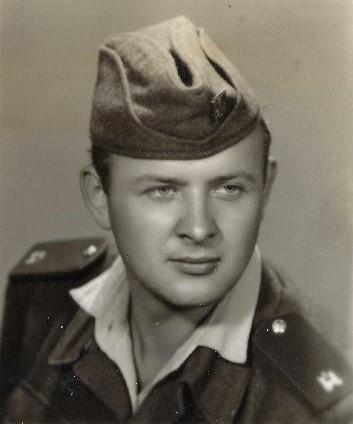The communist officials from Pátek didn‘t leave me alone even in Prague

Stáhnout obrázek
Milan Fajman was born on 13 November 1935 in Pátek u Poděbrad as the youngest of four children of Božena and Ladislav Fajman. His parents farmed ten hectares, and his maternal grandparents, the Jelíneks, owned an agricultural machinery factory in Pátek. He recalled the war years when some Jewish citizens disappeared and when two uncles were imprisoned in concentration camps. From an early age, he aspired to become a pilot, assembled working model airplanes, and rode a bicycle. After the Communists came to power, his father was forced to join the United Agricultural Cooperative (JZD) and the Jelinek factory was nationalized. Milan Fajman was supposed to join the mines after primary school, but the director of the town hall intervened and offered him the opportunity to learn to be an electrician in Pečky. He graduated with honours, so he could continue his studies at the electrical engineering school in Kutná Hora. He enjoyed his studies, assembled radios with his friends and in his free time he prepared for his career as a military pilot at the airfield in Zbraslavice. However, it was abandoned after his father left the JZD in 1953. He served the war in the 312th Heavy Artillery Brigade, where he enrolled in a newly established auto course, eventually teaching auto-electricity. After the war he married and had two daughters. He began working on the railroad in Nymburk, but soon moved with his family to Ústí nad Labem, where he worked for twenty years as a traction line foreman. In August 1968 he was on holiday with his family in Rugen when the occupation troops invaded the republic. They were allowed home from Rugen after a few days. In the early 1980s he moved with his family to Prague, where he worked on the railway until his retirement. After the revolution, he founded the company Elkov and began to produce so-called punch-outs, i.e. protective electrical equipment used, for example, at railway crossings. He sold the prosperous company in 2011 and moved back to Pátek for retirement, where he lived in his family home in 2022.








